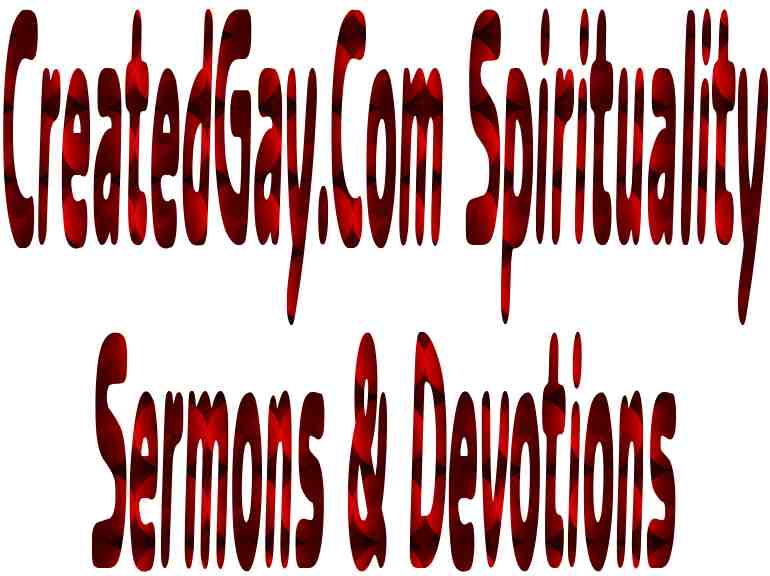Moses and the Hanukkah Service
Numbers 7:1-5
(Moffatt
Bible) Now on the day when Moses finished the erection of the Dwelling,
anointing it and consecrating it, and also anointing and consecrating all it's
belongings and the altar with all it's belongings, 2the
chieftains of Israel who were heads of families (that is, the leaders of the
clansmen at the head of the men who had been registered) 3brought
their offerings before the Eternal, six large wagons and twelve oxen, a wagon
for every two chieftains and one ox for every chieftain; these they presented
in front of the Dwelling, and 4the Eternal told
Moses to accept the gift from them 5that the wagons
might serve for moving the Trystring tent; he was to
hand them over to the Levites, as they required them for their special duties. This was a hanukkah
service. I suspect many Christians
celebrated a hanukkah
service without knowing it. You
might have celebrated a hanukkah
service in April, June, October or another month of the year. Let me explain. The word hanukkah in Hebrew means opening dedication service.[1] In the Bible, the word hanukkah is used for the opening dedication services
for homes, the Temple and an altar.[2] When we read this passage, we are, in a small way,
celebrating the rededication of the Temple. The original rededication service took
place hundreds of years ago. In
contemporary Judaism, Hanukkah is a service that remembers and celebrates the
rededication of the Temple. In the dedication service described in Numbers Chapter 7,
the people were dedicating the portable Temple, the Tent. They dedicated the portable Temple by
anointing the Temple, the furnishings, the altar and the utensils with oil.[3] And the tribal chieftains brought gifts. I've been to a few church dedications. They are times of happiness and
celebration. The dedication of the
Temple was a cheerful time. In
fact, I suspect it was a highlight in the lives of all of the children of
Israel who saw the construction of the Temple. This was not the only time anointing oil helped mark a time of happiness. Anointing with oil was often associated
with happiness.[4] You have been hanukkahed,
dedicated and anointed with the oil of the Spirit. You are dedicated to the Lord, through
Jesus Christ. You are now
sanctified, set aside to serve our God.
The anointing is a joyful experience! In the Bible, there are some interesting times when people
were anointed with oil. Some
Biblical examples of anointing people with oil include the following: •
After
bathing •
On
injuries and wounds •
On
released captives •
For
special guests[5] •
Consecration
of priests •
Purification
of lepers •
Completion
of a Nazirite's vows[6] There is an element of anointing and celebration in the
lives of Christians. You have been
bathed, washed and purified in Christ.
Your wounds have been anointed with the Spirit's healing oil. You have been released from
captivity. You are a guest. But you are more than a guest in the
household of God. Your are a very welcome special family member. You are a child of God. You are consecrated as part of the royal
priesthood of all Believers. And
you have vowed to serve the Lord. When we are honest and open about our identity as queer
Christians, we are a new creation and a new Temple for the living God. The dedication
of our new creation and our new Temple is worth celebrating. Celebrate your personal hanukkah, because you've been
hanukkahed, you've been dedicated by God. You are a new creation. Celebrate
yourself. Eat fine food. Drink wonderful juice or wine. Revel in the joy of what
God has done in your life. You are a living Temple of God.
[1]
Adele Berlin and Marc Zvi Brettler,
eds. The Jewish Study Bible. (Oxford Univ. Press, 2004), 298. [2]
Berlin and Brettler state hanukkah can be used in these ways and gives three
texts that show how the word is used in different texts. Refer to page 298. [3]
The Jewish Publication Society translation lists the items anointed as the
Tabernacle, the furnishings, the altar and the utensils. The meaning implied in Hebrew is
anointing with oil. Strong's definitions in Rick Meyer's e-Sword. Computer Software
Version 6.5.0. (Leiper's Fork, Tennessee: Grace Chapel, 2002). [4]
Walter A. Elwell. ed. Evangelical Dictionary of
Theology. (Grand
Rapids, Michigan: Baker Book House,
1984), 51. [5]
Elwell,
51. [6]
J.D. Douglas, et. al. eds. New Bible Dictionary. 2nd Ed. (Leicester, England: Inter-Varsity Press, 1982), 854.
